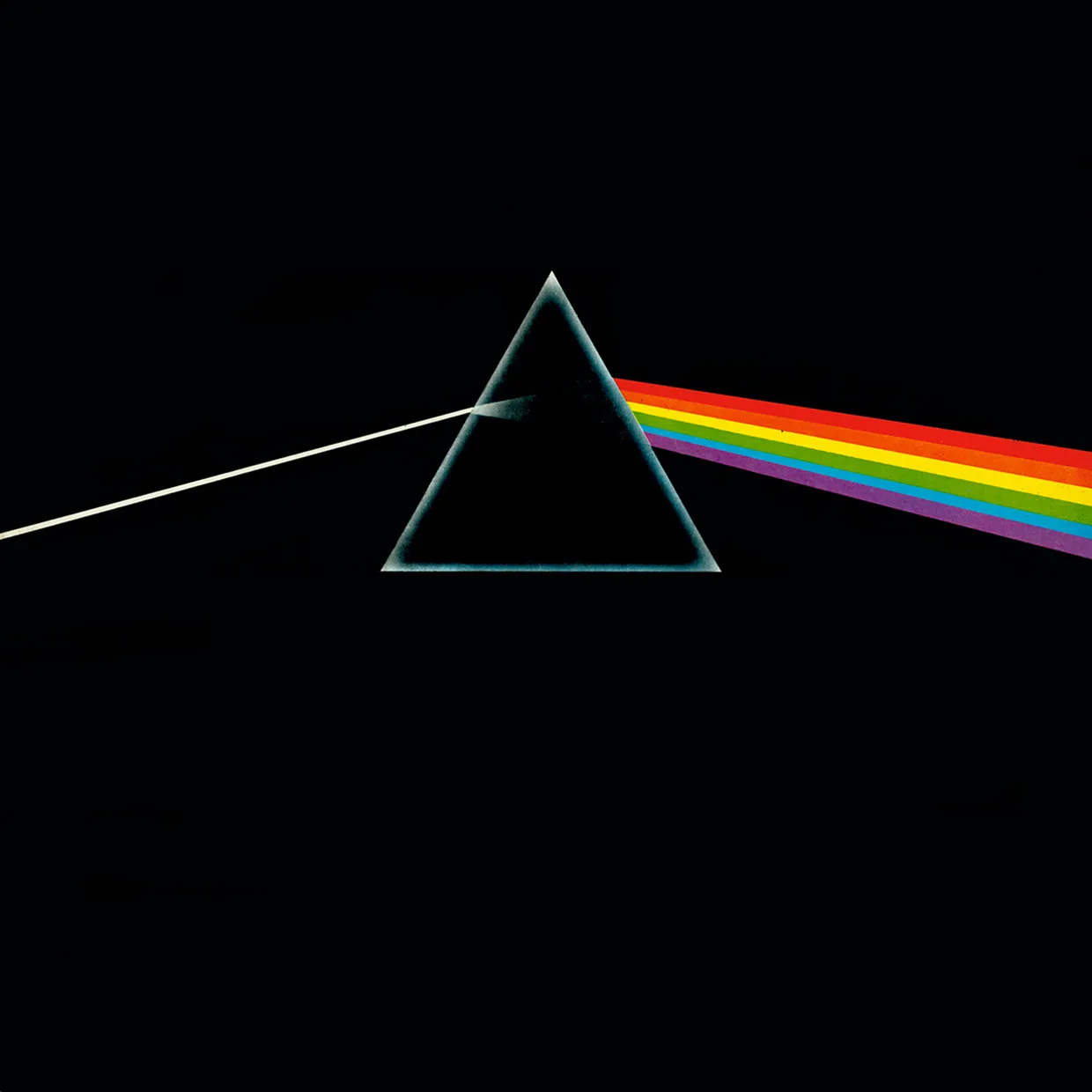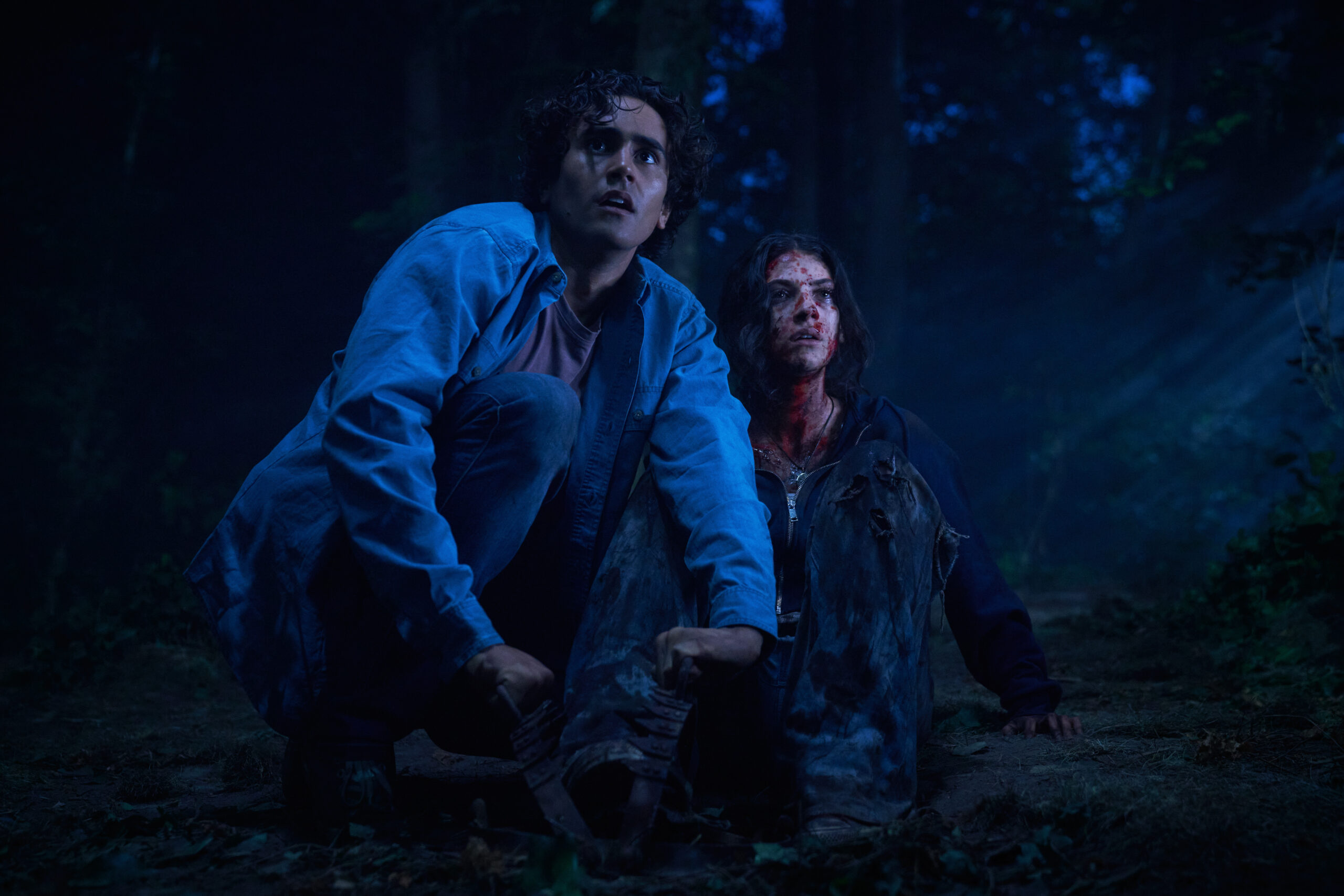Even 50 years after its release, fans of Pink Floyd continue to land on “The Dark Side of the Moon.”
“I’ll see you on the dark side of the moon,” Pink Floyd bassist and vocalist Roger Waters sings in the band’s eighth studio album.
Even 50 years after its release, fans continue to land on “The Dark Side of the Moon.”
On March 1, 1973, prolific English rock band Pink Floyd released one of their most revered works. Despite an ever-changing musical landscape, the ten-song album cemented the band’s legacy as icons in psychedelic rock. The album has maintained its status as an artistic mainstay, selling over 50 million copies worldwide over the past 50 years, according to the band’s website.
Like much of Pink Floyd’s discography, “The Dark Side of the Moon” continues to explore the human condition. Investigations into grief and the complexities of human mentality permeate the album throughout its nearly 43 minute runtime.
With a heartbeat pounding in the background, the album’s lead-off track “Speak to Me” initiates the album’s goal of enveloping listeners in the minds of its creators. Lyrics are substituted with a faint, ominous voice expressing self-awareness.
“I’ve always been mad, I know I’ve been mad / Like the most of us have,” a voice says.
The album brilliantly blends each track into the next. As one song concludes, the next begins seamlessly with very little instrumental or lyrical stumbling. By connecting each song sequentially, Pink Floyd created an album imitating a dreamlike stream-of-consciousness.
“Breathe (In the Air)” merges with the first track and introduces Water’s ruminative lyricism on the album. “The Dark Side of the Moon” was Waters’ first time as the sole lyricist on a Pink Floyd album, according to Rolling Stone.
“Breathe, breathe in the air / Don’t be afraid to care / Leave, don’t leave me / Look around and choose your own ground,” guitarist and vocalist David Gilmour sings.
Dreamy vocals backed by mystic instrumentals in the song contrast the ensuing chaos in “On the Run.” Another lyrically-lacking yet audibly fascinating track, the song’s fast pace and occasional maniacal laugh contribute to the album’s immersive qualities.
A jarring alarm clock is a fitting start to “Time” — a relatable evaluation of anxieties about aging and missed opportunities. Gilmour and keyboardist Richard Wright alternate singing universal lyrics addressing an uneasiness surrounding the passage of time.
“And then one day you find 10 years have got behind you / No one told you when to run, you missed the starting gun,” Wright sings.
An extension of this fear, “The Great Gig in the Sky” abstractly reflects on death. Singer Clare Torry was invited by Pink Floyd to sing on the track, where she iconically improvised the song’s wailing vocals, according to Far Out Magazine.
Pink Floyd shifts gears slightly with “Money,” an aurally funky track with commentary on wealth and greed. Themes surrounding worldly issues — which stand out against the album’s more frequent existential concerns — continue with an analysis of war in “Us and Them.”
Even songs seeming disconnected from the introspection of “The Dark Side of the Moon” are still metaphorically in-touch. Both “Money” and “Us and Them” also represent self-reflection and sacrifice.
A futuristic synth partnered with classic rock guitar riffs make up the album’s third and final lyrically-void song, “Any Colour You Like.” Pink Floyd then returns to inspecting human psychology in “Brain Damage,” which details an understanding between two people who are perceived as mentally unstable.
“And if the cloud bursts thunder in your ear / You shout and no one seems to hear / And if the band you’re in starts playing different tunes / I’ll see you on the dark side of the moon,” Waters sings, likely referencing the estrangement of one of the band’s founding members, Syd Barrett.
Much of Pink Floyd’s work — including “The Dark Side of the Moon” — is presumably inspired by Barrett’s departure.
After the band’s inception in 1965, Barrett was instrumental in kickstarting the development of Pink Floyd’s unconventional style and experimental reputation, according to Biography. His unique ability to craft thought-provoking lyrics and combine traditional musical styles with innovative sounds made Barrett a revolutionary in the ‘60s music scene.
With Barrett’s growing respect as a musician and songwriter, Pink Floyd became pioneers in the rock community. However, by 1967, Barrett’s heavy use of LSD exacerbated previously evident mental health concerns and caused him to become unable to function within the band, according to Biography.
Gilmour replaced Barrett shortly after. Despite it being necessary to the future success of the band, members of Pink Floyd continued grieving the severance of their relationship with Barrett. This loss was reflected in a significant amount of their work moving forward.
This reflection on “The Dark Side of the Moon” culminates in “Eclipse,” which explores the coexistence of good and bad. Through melodic repetition, the song represents complexity as an inherent aspect of human nature.
“And all that is now and all that is gone / And all that’s to come and everything under the sun is in tune / But the sun is eclipsed by the moon,” Waters sings.
Even after 50 years, “The Dark Side of the Moon” has remained one of the most prominent works in musical history. The album is saturated with universal themes and progressive sounds, which submerge listeners in an inward search for what the dark side of the moon truly is.
“There is no dark side of the moon, really,” Abbey Road Studios doorman Gerry O’Driscoll says in the last line of the album. “Matter of fact, it’s all dark.”
“The Dark Side of the Moon,” along with the rest of Pink Floyd’s discography, is available to stream on all major platforms.
featured image courtesy of Sony Music Entertainment












